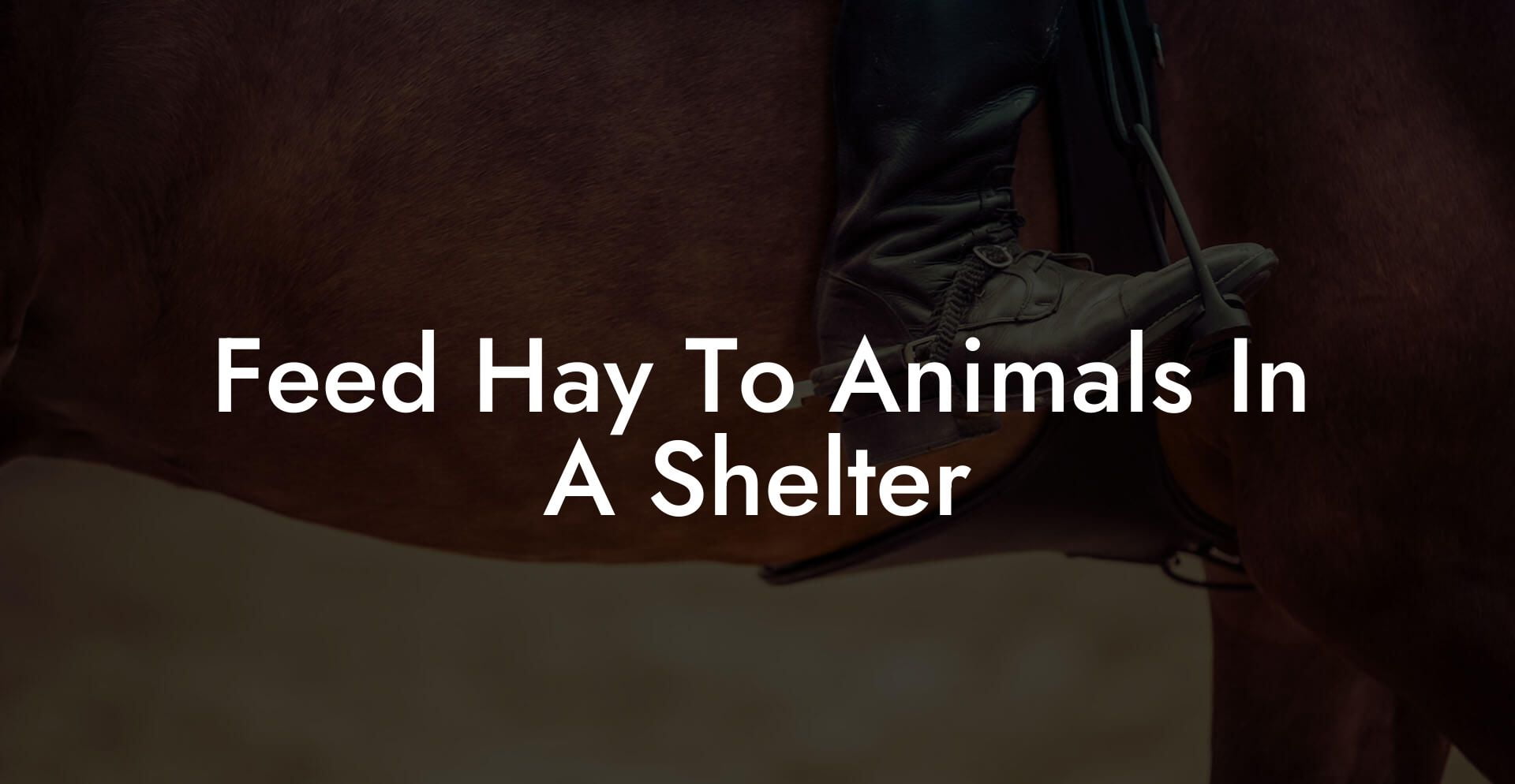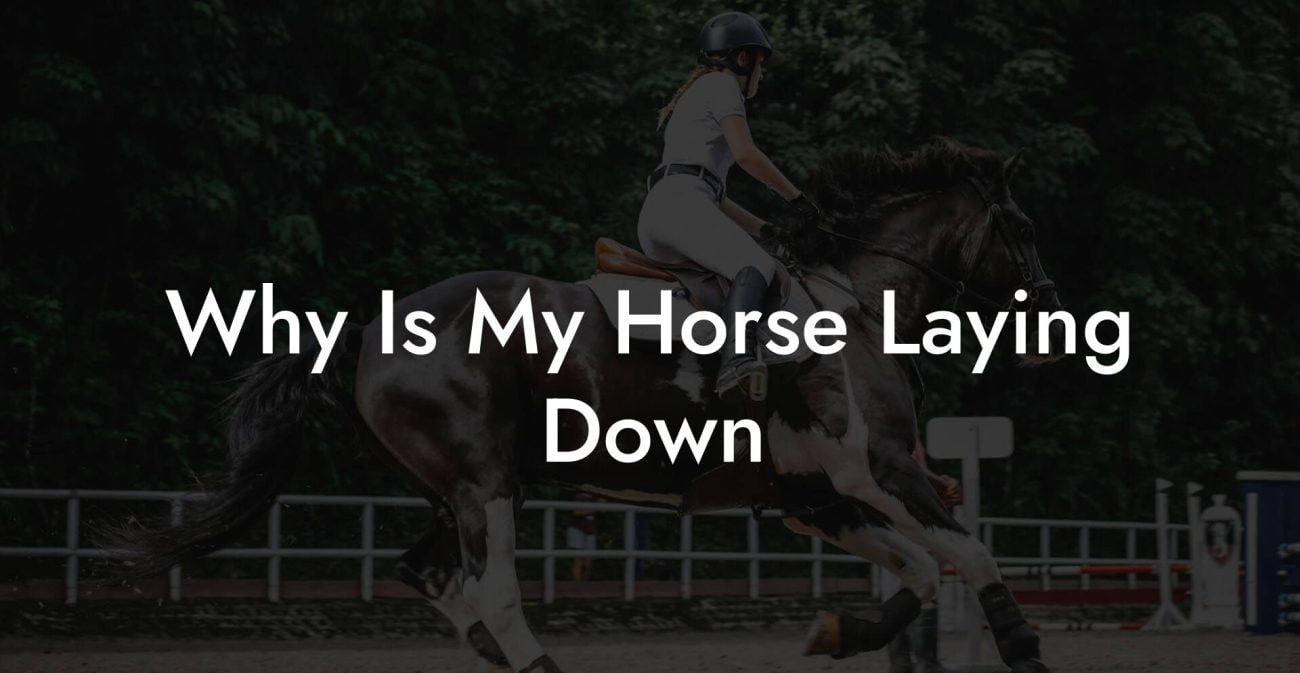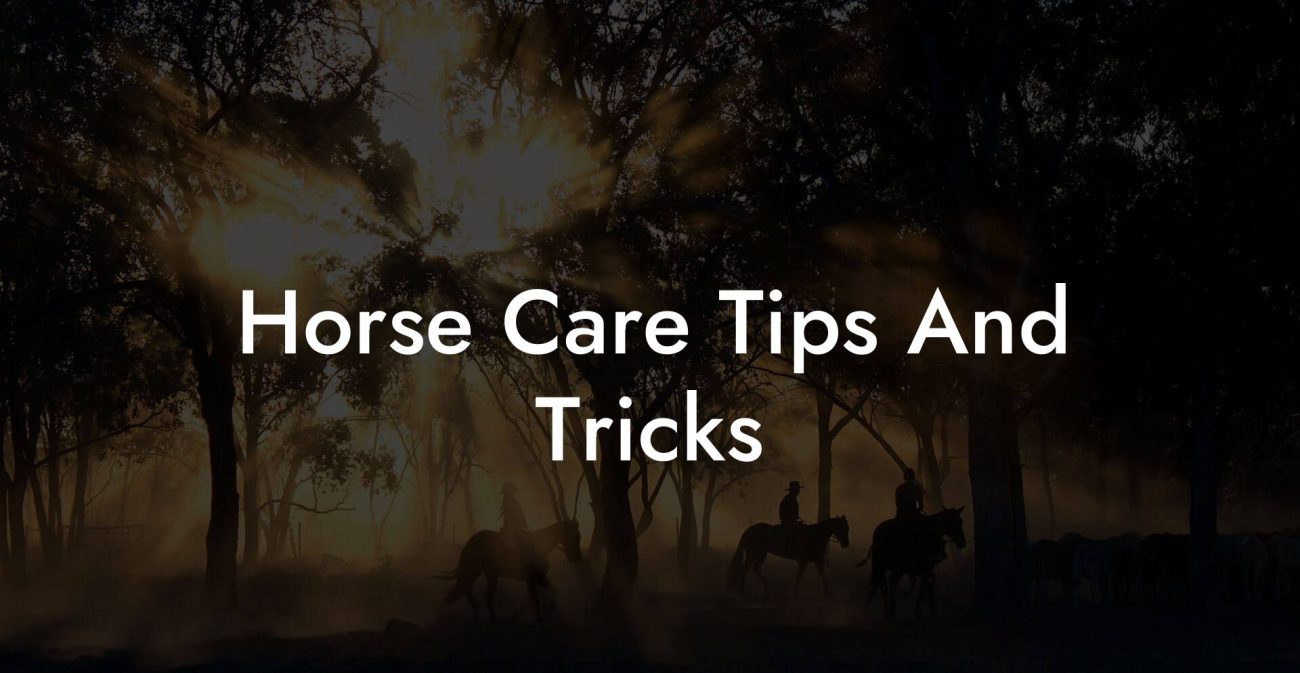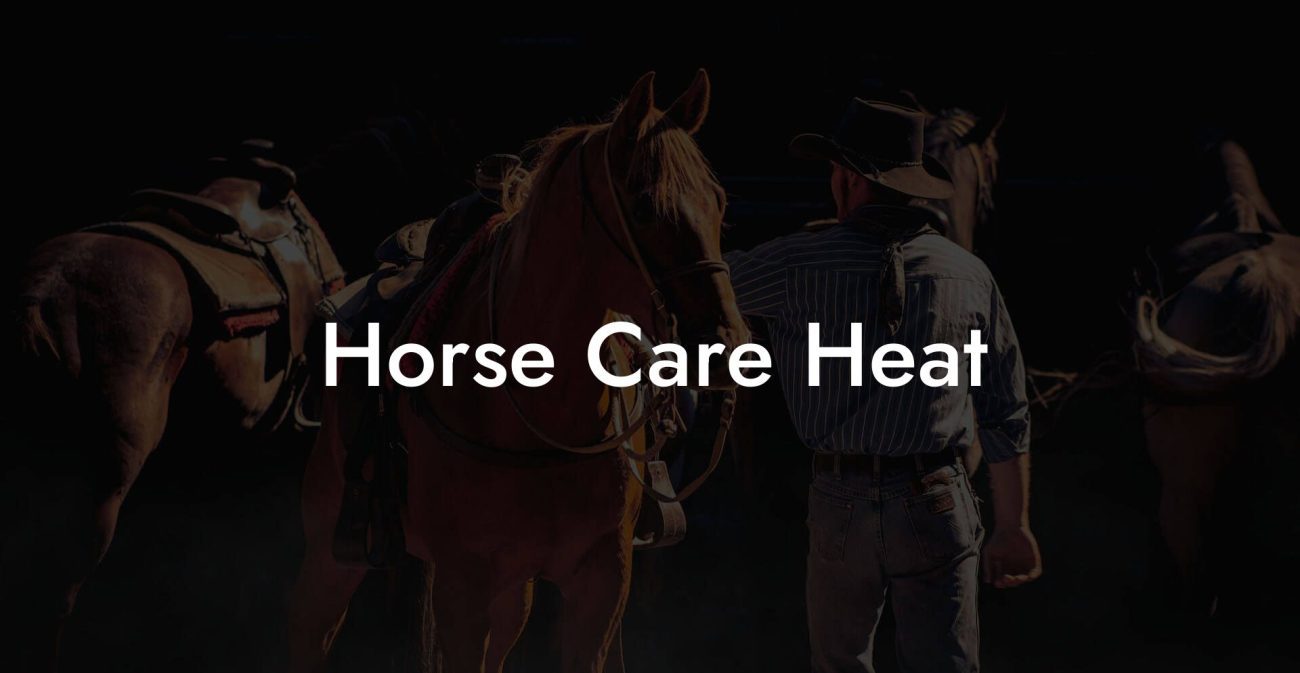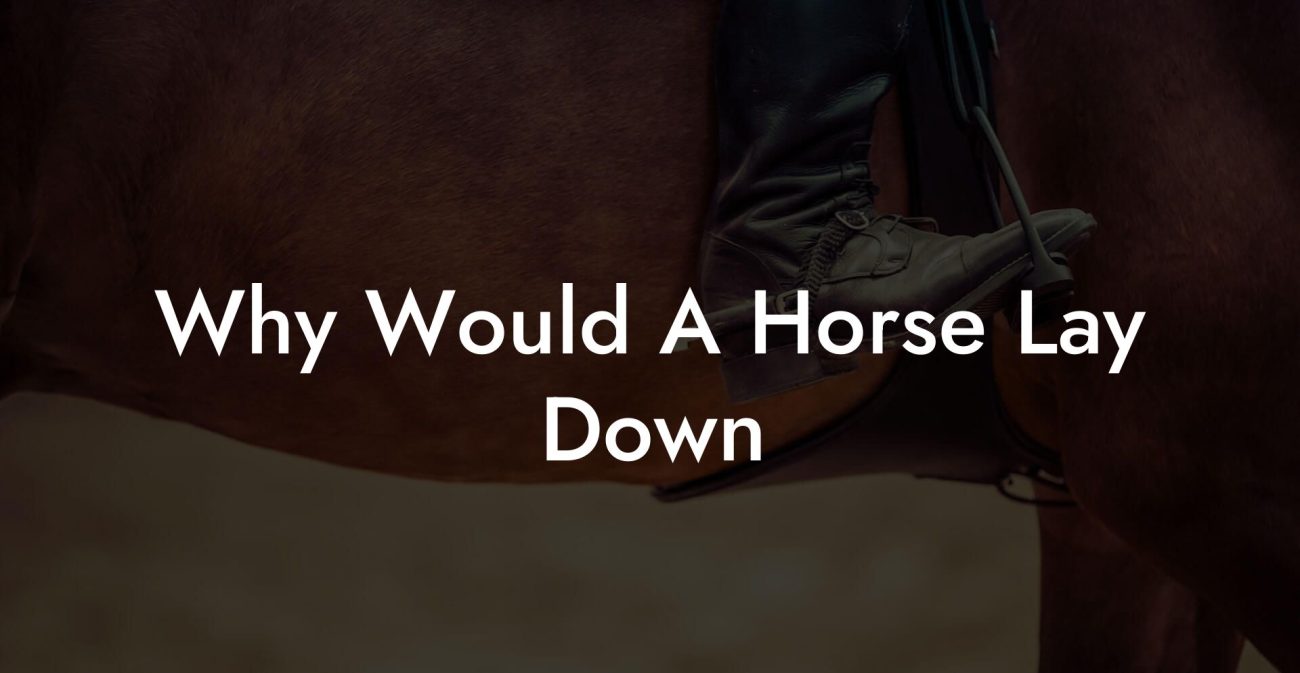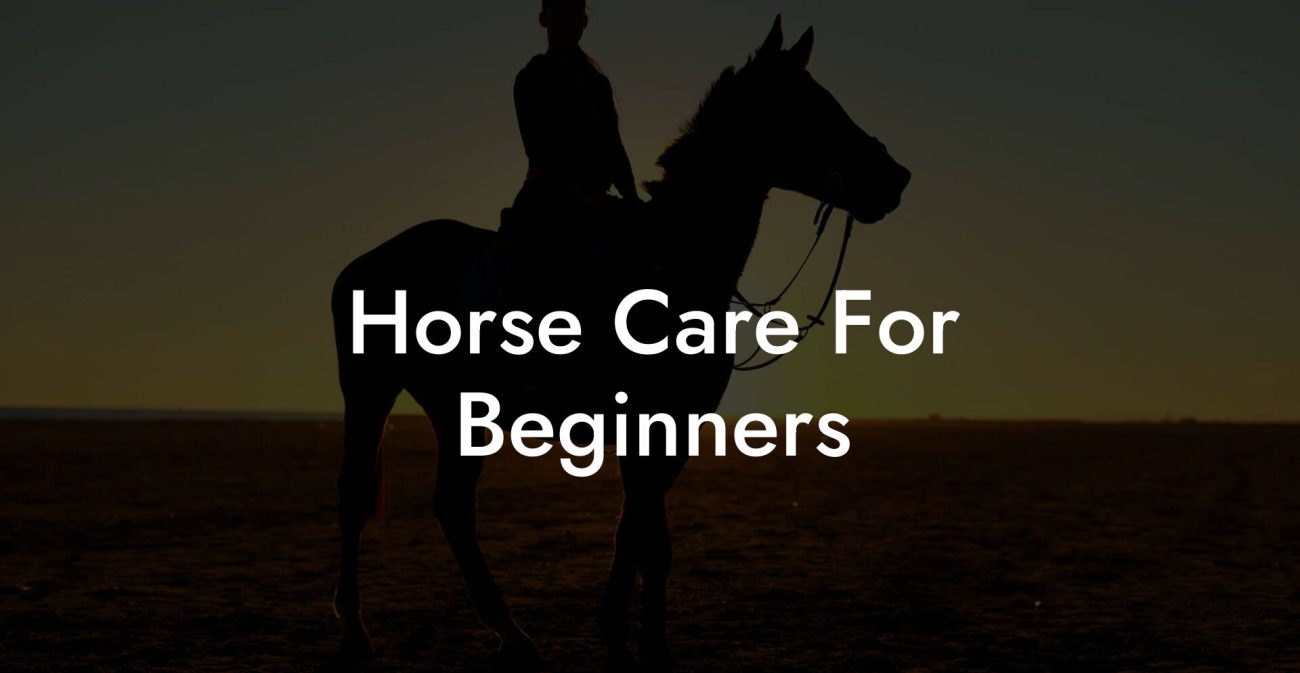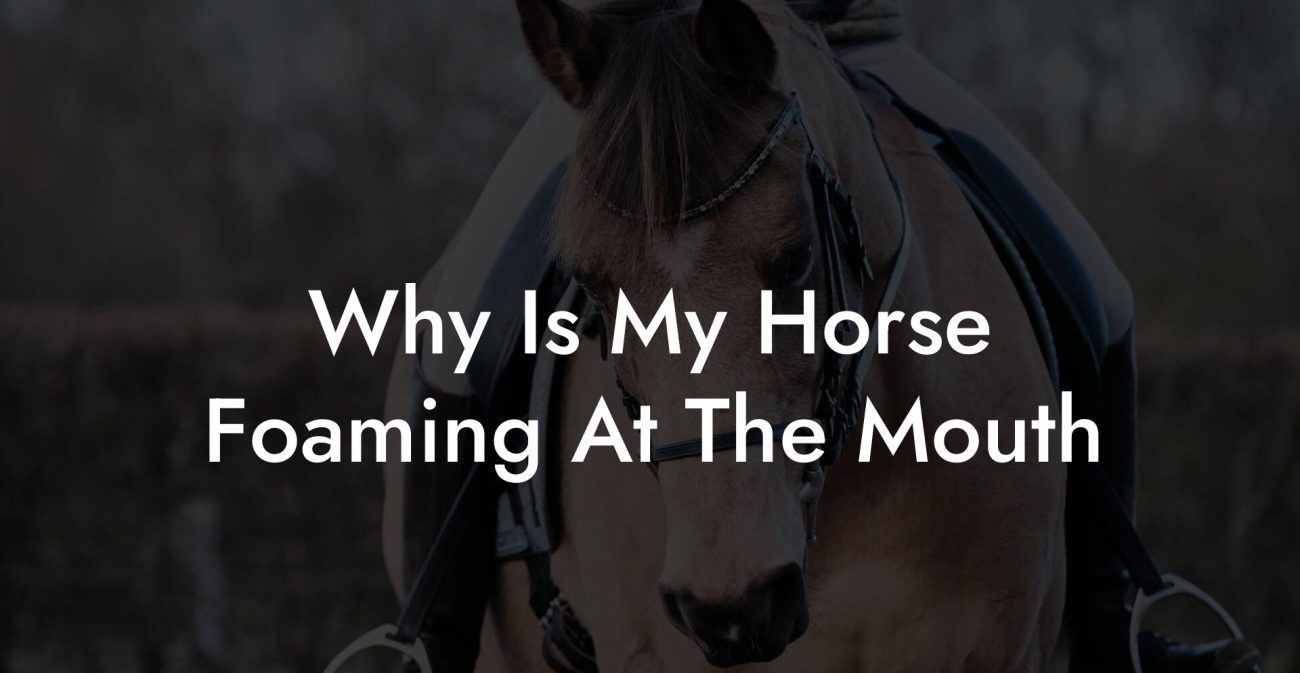Ever wondered how feeding hay in an animal shelter can be both an art and a science? Whether you’re a hands-on shelter volunteer or a first-time horse owner exploring the nuances of equine care, understanding how to feed hay in a shelter setting isn’t just about tossing a bale into a pen, it’s about creating a nourishing, stress-free environment that speaks to the heart (and stomach) of every animal. We’re diving deep into the hay world, uncovering the secrets behind optimal feeding practices, exploring the nutritional wonders that hay provides, and delivering practical tips that are as engaging as they are effective.
Quick Links to Useful Sections
- The Golden Grain: Understanding the Importance of Hay in Animal Shelters
- Choosing the Right Hay: A Guide to Varieties and Nutritional Benefits
- Timothy Hay
- Alfalfa Hay
- Orchardgrass and Bermuda Grass
- How to Feed Hay in a Shelter: Innovative Techniques for Modern Care
- Free-Choice Feeding
- Timed Feeding Routines
- Enriched Feeding Stations
- Rotational Feeding Systems
- Storing and Handling Hay: Best Practices for Your Shelter’s Success
- Temperature and Humidity Control
- Proper Bale Storage Techniques
- Regular Inspections
- Integrating Hay Feeding within a Comprehensive Equine Care Routine
- Complementary Nutrition: Grains, Supplements, and Water
- Holistic Health and Enrichment Programs
- Monitoring and Adjusting Dietary Plans
- Challenges of Feeding Hay in a Shelter: Common Issues and Clever Solutions
- Mold and Dust: Guarding Against Hidden Hazards
- Overfeeding and Undereating: Striking the Right Stellar Balance
- Behavioral Challenges: When Hunger Meets Boredom
- Eco-Friendly Hay Feeding Practices: Sustainability in Every Bale
- Sourcing Local and Organic Hay
- Recycling and Waste Management
- Energy-Efficient Storage Solutions
- Special Considerations: Feeding Hay to Horses with Specific Needs
- Senior Horses
- Youth and Growing Horses
- Horses With Metabolic Disorders
- Resources and Community Support: Your Next Steps
- Bringing It All Together: A Roadmap to Mastering Hay Feeding in Shelters
- Feeding Hay: Expert Tips and Insider Tricks for the Modern Caregiver
- Embrace Technology
- Engage in Ongoing Learning
- Create a Feedback Loop
- Celebrate the Small Wins
- Feed Hay To Animals In A Shelter FAQ
- Embark on Your Hay Feeding Revolution
The Golden Grain: Understanding the Importance of Hay in Animal Shelters
Hay is more than just dried grass, it’s a lifeline for horses, donkeys, goats, and even some dogs in sheltered environments. In an animal shelter, properly feeding hay is crucial for both the physical health and emotional well-being of the animals. Think of it as the original superfood, packed with essential fibers, vitamins, and minerals that help maintain a balanced digestive system and promote overall vitality.
For horses in particular, hay is their primary source of nutrition. Unlike grain-based diets, which are often high in starch and sugar, hay provides a slow-release energy that mimics the natural grazing behavior of these majestic creatures. And for shelters that house a variety of animals, the quality and type of hay can make all the difference in ensuring every resident gets the care they deserve.
In today’s fast-paced, tech-driven world, even the age-old practice of feeding hay can benefit from modern techniques and sustainable practices. Whether you're sorting bales for your beloved equines or managing a busy shelter where every minute counts, the approach to hay feeding can and should be both innovative and tailored to each animal's needs.
Choosing the Right Hay: A Guide to Varieties and Nutritional Benefits
Not all hay is created equal. When it comes to selecting hay for animals in a shelter, especially horses, there are several factors to consider: nutritional content, digestibility, and even the physical condition of the hay. Let’s break down the main types of hay and see what makes each unique.
Timothy Hay
Timothy hay is a favorite among horse owners and shelter managers alike. Known for its balanced nutrient profile and moderate fiber content, Timothy hay is especially good for adult horses and older animals that require gentle, easy-to-digest roughage. It’s the perfect go-to for keeping sugar levels in check while providing just the right amount of energy.
Alfalfa Hay
Alfalfa hay packs a high-protein punch, making it an excellent choice for young, growing horses or those recovering from injury. However, due to its richness, it should be fed with a measure of caution. Too much alfalfa, and you risk overfeeding calories, which can lead to weight gain. In a shelter setting, where maintaining a balanced diet across many animals is critical, alfalfa is often used as a supplement to a base of Timothy or other grass hays.
Orchardgrass and Bermuda Grass
Often available and cost-effective, orchardgrass and Bermuda grass hays are popular among shelter managers. They offer a good balance of fiber and moderate protein levels, which makes them a reliable choice for a wide range of animals. Their robust nature also means they’re less likely to be contaminated by dust or mold, a vital consideration in a busy shelter environment.
When selecting hay, always consider the specific dietary needs of your animals. Testing the hay for moisture content, nutrient levels, and contaminants is a best practice that helps ensure every bite is as nutritious as possible, a principle that’s as important in a modern shelter as it was in traditional barnyards.
How to Feed Hay in a Shelter: Innovative Techniques for Modern Care
Feeding hay in a shelter isn’t only about providing calories, it’s about fostering a dynamic, engaging environment where animals feel cared for. Here are some playful yet practical techniques to elevate the hay-feeding process.
Free-Choice Feeding
In many shelters, animals are allowed free access to hay throughout the day. This mimics the natural grazing behavior of horses who, in the wild, spend up to 16 hours a day eating. Free-choice feeding not only reduces stress but also promotes better digestion. By letting animals graze at their own pace, you accommodate individual appetites and prevent overeating.
Timed Feeding Routines
For shelters where resources such as space and staff time may be limited, establishing a feeding schedule can be incredibly effective. By breaking the hay feeding into distinct sessions, you encourage predictable, calm behavior at feeding time. Timed routines are especially useful when managing multiple horses or diverse animal groups, as they allow caretakers to monitor intake and adjust quantities based on each animal’s needs.
Enriched Feeding Stations
Who said mealtime can’t have a little pizzazz? Enriching feeding areas with hay nets, slow feeders, or hay racks can transform a simple meal into an engaging, puzzle-like experience. These tools encourage natural foraging behaviors, reduce boredom, and slow down rapid consumption. For Gen-Z and millennial animal lovers who appreciate both efficiency and animal welfare, innovative feeding stations are a win-win.
Rotational Feeding Systems
Rotational feeding involves periodically changing the location and presentation of hay within the shelter. This practice stimulates natural curiosity in animals and mimics the behavior of moving between different grazing patches on pastureland. It’s a clever strategy to not only keep the animals interested but also to monitor their individual consumption patterns.
By considering the psychology of feeding and integrating modern technologies, such as automated feeders and digital monitoring systems, shelter managers can raise the bar for nutritional care. These strategies ensure that every bale of hay is used effectively, promoting optimal health and reducing waste.
Storing and Handling Hay: Best Practices for Your Shelter’s Success
The journey from the field to the animal feed trough is fraught with challenges, and nowhere is this more evident than in hay storage and handling. Proper storage is essential to maintain hay quality and prevent spoilage. Let’s dig into the nitty-gritty of creating a storage plan that protects your hay from mold, pests, and the elements.
Temperature and Humidity Control
One of the biggest enemies of hay is excessive moisture. In animal shelters, where hay might sit for days or weeks before being fed out, maintaining optimal storage conditions is critical. Keep hay in a cool, dry, and well-ventilated space. Consider using dehumidifiers or fans in larger facilities to manage humidity levels. Not only does this prevent mold growth, but it also preserves the delicate nutrient balance essential for graceful digestion.
Proper Bale Storage Techniques
Bales should be stored off the ground to allow air circulation, which prevents moisture buildup. Using pallets or shelving systems can be an excellent way to achieve this. For shelters with limited space, stacking bales with plenty of spacing can help distribute weight evenly and reduce the risk of crushing the hay.
Regular Inspections
Nothing ruins a good hay day like discovering spoiled bales. Regular visual and tactile inspections of your hay supply allow early detection of dust, mold, or pests. A quick snip here and there will help you nip potential problems in the bud, ensuring that every serving of hay remains as safe and nutritious as nature intended.
With these storage best practices, shelters can reduce waste, protect animal health, and even cut down on overall feeding costs by ensuring that every bale is stored with care and precision.
Integrating Hay Feeding within a Comprehensive Equine Care Routine
Feeding hay in a shelter isn’t a standalone task, it’s interconnected with overall equine and animal care. In a modern shelter environment, a holistic approach that goes beyond just food quantity is key to ensuring robust animal health.
Complementary Nutrition: Grains, Supplements, and Water
While hay forms the foundation of an animal’s diet, it’s often paired with grains, supplements, and plenty of fresh water to create a balanced nutritional profile. For example, while a horse might thrive on a base of Timothy hay, a small amount of grain can supply additional energy for active or growing animals. Also, don’t overlook the importance of vitamins and minerals, supplementing periodic needs can prevent deficiencies that may not be apparent at first glance.
Holistic Health and Enrichment Programs
Beyond nutrition, hay feeding is an opportunity to integrate broader health and enrichment programs. Incorporating regular exercise routines, mental stimulation activities, and social interaction into your shelter routine can multiply the benefits of a good hay diet. When animals are physically active and mentally engaged, they digest food better, absorb more nutrients, and generally live happier lives.
Monitoring and Adjusting Dietary Plans
Just as every individual is unique, so too is every animal’s dietary requirement. Utilizing technology such as digital feeding logs, weight trackers, and even video monitoring can help shelter managers fine-tune each animal’s feeding schedule. Whether an animal needs slightly more protein or a bit less fiber, adapting your hay provisioning accordingly can make a world of difference in overall health outcomes.
By integrating hay feeding into a broader, holistic care routine, shelters can cultivate stronger, healthier animals while fostering an environment that’s as dynamic and innovative as it is nurturing.
Challenges of Feeding Hay in a Shelter: Common Issues and Clever Solutions
No matter how carefully you plan, feeding hay in a shelter can come with its own set of challenges. From fluctuations in hay quality to behavioral quirks in animals, it’s important to be prepared for a few hiccups along the way. Here, we explore common obstacles and share clever, down-to-earth solutions that resonate with today’s innovative caregivers.
Mold and Dust: Guarding Against Hidden Hazards
One of the biggest concerns in hay feeding is the risk of mold and dust, especially in shelters where hay is stored for extended periods. Mold not only reduces the nutritional value of hay but can also trigger respiratory issues in sensitive animals. Regularly turning bales, maintaining a dry storage area, and using dust-free hay when possible are key strategies to mitigate these risks.
Overfeeding and Undereating: Striking the Right Stellar Balance
Just as with human diets, too much of a good thing can sometimes backfire. Overfeeding hay can lead to weight gain and metabolic issues, while underfeeding may cause insufficient nutrient intake and digestive problems. Monitoring individual consumption, adjusting portions based on activity levels, and employing free-choice or scheduled feeding methods can help strike that perfect balance.
Behavioral Challenges: When Hunger Meets Boredom
In a bustling shelter, boredom can lead to overeating or, conversely, a lack of interest in eating. Enriching the feeding experience with hay nets, puzzle feeders, and rotating feeding stations not only keeps mealtime interesting but also encourages natural foraging behavior that can alleviate stress and improve overall health.
By foreseeing these challenges and preparing proactive solutions, shelter managers and caretakers can ensure that every bale of hay serves its maximum potential in supporting animal health and happiness.
Eco-Friendly Hay Feeding Practices: Sustainability in Every Bale
In an era where environmental sustainability is as important as animal welfare, integrating eco-friendly practices into your hay feeding routine is a total game-changer. Not only does sustainable hay feeding support the health of your animals, but it also contributes to a healthier planet, a win for both the shelter community and our global ecosystem.
Sourcing Local and Organic Hay
Supporting local farmers and choosing organic hay options can reduce transportation emissions and pesticide use, all while ensuring the hay is free from harmful chemicals. Local sourcing also means fresher hay, which translates to better nutrition and fewer preservatives.
Recycling and Waste Management
In busy shelters, leftover hay and organic waste need to be managed responsibly. Consider turning hay waste into compost, which can then enrich shelter gardens or be donated to local community projects. Such recycling initiatives not only reduce waste but also create a closed-loop system that benefits both animals and the environment.
Energy-Efficient Storage Solutions
The way hay is stored can also have an impact on its carbon footprint. Investing in energy-efficient storage facilities that regulate temperature and humidity without excessive energy consumption is a forward-thinking approach that aligns with modern sustainability goals.
Embracing eco-friendly practices reminds us that caring for animals goes hand-in-hoof with caring for our planet. Every sustainable decision you make, down to the way you feed hay, resonates well beyond the shelter gates.
Special Considerations: Feeding Hay to Horses with Specific Needs
When it comes to horses, especially those in a shelter environment, a one-size-fits-all approach just won’t do. Some horses have special dietary needs, whether they’re senior steeds with delicate digestive systems or youngsters still in their growth phase. Here’s how to fine-tune your hay feeding practices for equine excellence.
Senior Horses
Older horses often have reduced chewing efficiency and may suffer from dental problems. Using softer, high-quality, chopped hay or even soaking hay to soften it can make a significant difference in their overall digestion. Monitor weight closely and adjust portions accordingly, because senior horses require both care and gentle nutrition.
Youth and Growing Horses
Young horses are on a growing journey that demands extra protein and energy. While hay remains a foundational component of their diet, pairing it with controlled portions of nutrient-dense supplements can boost development without compromising the benefits of fiber-rich roughage.
Horses With Metabolic Disorders
For horses diagnosed with metabolic issues like equine metabolic syndrome (EMS) or Cushing’s disease, hay selection is critical. Opt for low-starch, high-fiber hays such as Timothy or carefully cured orchardgrass. Regular blood work and consultation with a veterinarian help ensure that the hay feeding strategy supports their health without triggering metabolic imbalances.
Whether you’re caring for a senior horse or nurturing a foal into a future champion, tailoring hay feeding practices to each animal's unique requirements is paramount. This personalized approach not only safeguards their health but also builds trust between the caregivers and the horses, making every feeding session a step toward a stronger, happier animal.
Resources and Community Support: Your Next Steps
For those dedicated to the art of feeding hay in a shelter, knowledge sharing is just as valuable as every bale of hay perfectly placed in a pen. Local agricultural extension services, equine nutrition experts, and shelter management groups offer a wealth of resources tailored to modern, sustainable practices.
Join online communities, forums, social media groups, and YouTube channels, where thousands of like-minded individuals share tips, tricks, and personal experiences on managing hay feeding. Whether you’re troubleshooting a storage issue, debating the merits of various hay types, or seeking inspiration for enriched feeding stations, these communities are brimming with insights and ready support.
Additionally, attending workshops, conferences, or webinars hosted by equine nutritionists and sustainable agriculture advocates can provide deep dives into the science and art behind hay feeding. These educational opportunities help bridge the gap between traditional methods and modern innovations, empowering you to make informed decisions that benefit both the animals and the environment.
Remember, your journey toward perfecting hay feeding is not a solo ride, it’s a collective mission. Embrace the community spirit, share your successes, learn from setbacks, and pave the path to a future where every shelter animal enjoys the nourishment and care they deserve.
Bringing It All Together: A Roadmap to Mastering Hay Feeding in Shelters
The journey to feed hay to animals in a shelter is as multifaceted as the animals themselves. It demands a blend of practical know-how, sustainable practices, and an understanding of each animal’s unique nutritional needs. From selecting the right type of hay, whether it’s Timothy for the average adult horse or alfalfa for those needing extra protein, to devising innovative feeding routines that mimic natural grazing behaviors, each step is a piece of a larger puzzle.
Effective hay feeding begins with a commitment to quality, both in the hay itself and in the methods used to store, handle, and deliver it. With modern tools and technology, even the age-old task of feeding hay has evolved into an optimized, engaging process that resonates with today’s shelter community. It’s not just about feeding, it’s about nurturing health, inciting natural behaviors, and fostering a bond between caregiver and animal.
Establishing daily routines, monitoring animal responses, and adapting feeding strategies based on real-time data are all part of creating a sustainable care system. A well-fed horse, for example, exudes a sense of calm and well-being that reverberates throughout the shelter, reducing stress levels among her peers and improving overall facility morale.
When you commit to mastering hay feeding practices, you’re taking a holistic approach that touches on nutrition, environmental stewardship, and community engagement. It’s a journey that blends tradition with innovation, a journey that ensures every animal, from the sprightly foal to the wise old mare, receives the care they deserve.
So, grab that bale, roll up your sleeves, and dive into the world of hay feeding with enthusiasm. The path ahead is rich with possibilities, and every step you take makes a lasting impact on the lives of shelter animals.
Feeding Hay: Expert Tips and Insider Tricks for the Modern Caregiver
For every modern caretaker intrigued by animal nutrition, here are some final, expert tips and insider tricks that seamlessly blend technology, tradition, and creativity:
Embrace Technology
Invest in digital tools to track hay consumption, monitor animal weight, and schedule feeding times. Many modern shelters are now using mobile apps that send alerts when hay levels drop, reducing waste and ensuring every bale is optimally used.
Engage in Ongoing Learning
Trends in animal nutrition are constantly evolving. Subscribe to equine nutrition blogs, attend webinars, or take online courses to keep up with the latest in hay feeding techniques and sustainable practices.
Create a Feedback Loop
Encourage communication among shelter staff and volunteers. A simple discussion about what’s working or where improvements are needed can lead to innovative solutions that benefit every animal under your care.
Celebrate the Small Wins
Every well-fed and happy animal is a milestone. Take time to celebrate progress, share success stories, and learn from the challenges. A supportive, open, and innovative environment is the secret sauce that elevates your hay feeding strategy.
These actionable tips are designed to ensure that your approach to feeding hay not only meets the nutritional needs of your animals but also supports an efficient, sustainable, and enriched shelter environment.
Feed Hay To Animals In A Shelter FAQ
We’ve compiled some of the most frequently asked questions to help you navigate the intricacies of hay feeding in a shelter setting.
1. Why is hay so important for shelter animals, especially horses?
Hay provides essential fiber, vitamins, and minerals that promote healthy digestion and overall well-being. For horses, hay mimics natural grazing behaviors, offering a slow-release energy source that prevents spikes in blood sugar.
2. What types of hay are best suited for horses in shelters?
Timothy hay is commonly recommended for adult horses due to its balanced nutrient profile. Alfalfa hay can be used for younger or recovering horses, but it should be fed in moderation to avoid excess calories.
3. How can I ensure that hay remains fresh and free from mold?
Proper storage is key, store hay in a cool, dry place off the ground, ensure good ventilation, and conduct regular inspections to check for mold or dust. Using pallets or shelving can significantly extend the hay’s shelf-life.
4. What feeding techniques can I use to enrich the animals’ mealtime experience?
Techniques such as free-choice feeding, timed feeding routines, automated feeders, hay nets, and rotational feeding systems provide not only nutritional benefits but also mental stimulation for animals.
5. How do I manage hay feeding for animals with special dietary needs?
Tailor your hay, and overall feeding plan, to each animal’s specific needs. Senior horses may require softer or chopped hay, while growing horses might benefit from additional protein supplements. Regular veterinary consultation is essential.
6. Are there eco-friendly practices I should adopt in hay feeding?
Absolutely. Sourcing local and organic hay, using energy-efficient storage solutions, and recycling leftover hay into compost are all excellent eco-friendly practices.
7. Can technology assist in optimizing hay feeding routines?
Yes, modern digital tools like feeding trackers and scheduling apps enable precise monitoring and management of hay consumption, ensuring every animal gets the right amount of nutrition at the right time.
8. What are the common challenges in feeding hay and how can I overcome them?
Challenges can include managing mold and dust, balancing portions, and addressing animal behavior during mealtime. Regular monitoring, enriched feeding stations, and proactive storage management are key to overcoming these issues.
Got more questions? Explore professional forums, consult with equine nutritionists, or connect with local shelter networks for further guidance.
Embark on Your Hay Feeding Revolution
From choosing the right hay to mastering advanced feeding techniques and eco-friendly practices, your journey in feeding hay to animals in a shelter is a blend of knowledge, creativity, and care. As you roll out innovative strategies and embrace a holistic approach that fuses tradition with modern savvy, you’re not only feeding animals, you’re nurturing a vibrant community built on health, sustainability, and love.
Step forward with confidence and let every bale of hay tell a story of compassion and excellence. Your dedication transforms shelter animals from mere residents into thriving, resilient creatures ready to conquer each day with gusto.
So, whether you’re fine-tuning free-choice feeding routines, experimenting with automated systems, or diving into the science of equine nutrition, remember: every thoughtful decision you make paves the way for a healthier, happier shelter. Embrace the challenge, celebrate every success, and inspire others with your commitment to top-notch animal care.
The art and science of feeding hay in a shelter is constantly evolving, stay curious, keep learning, and join a community of passionate caregivers who are revolutionizing animal nutrition one bale at a time.

